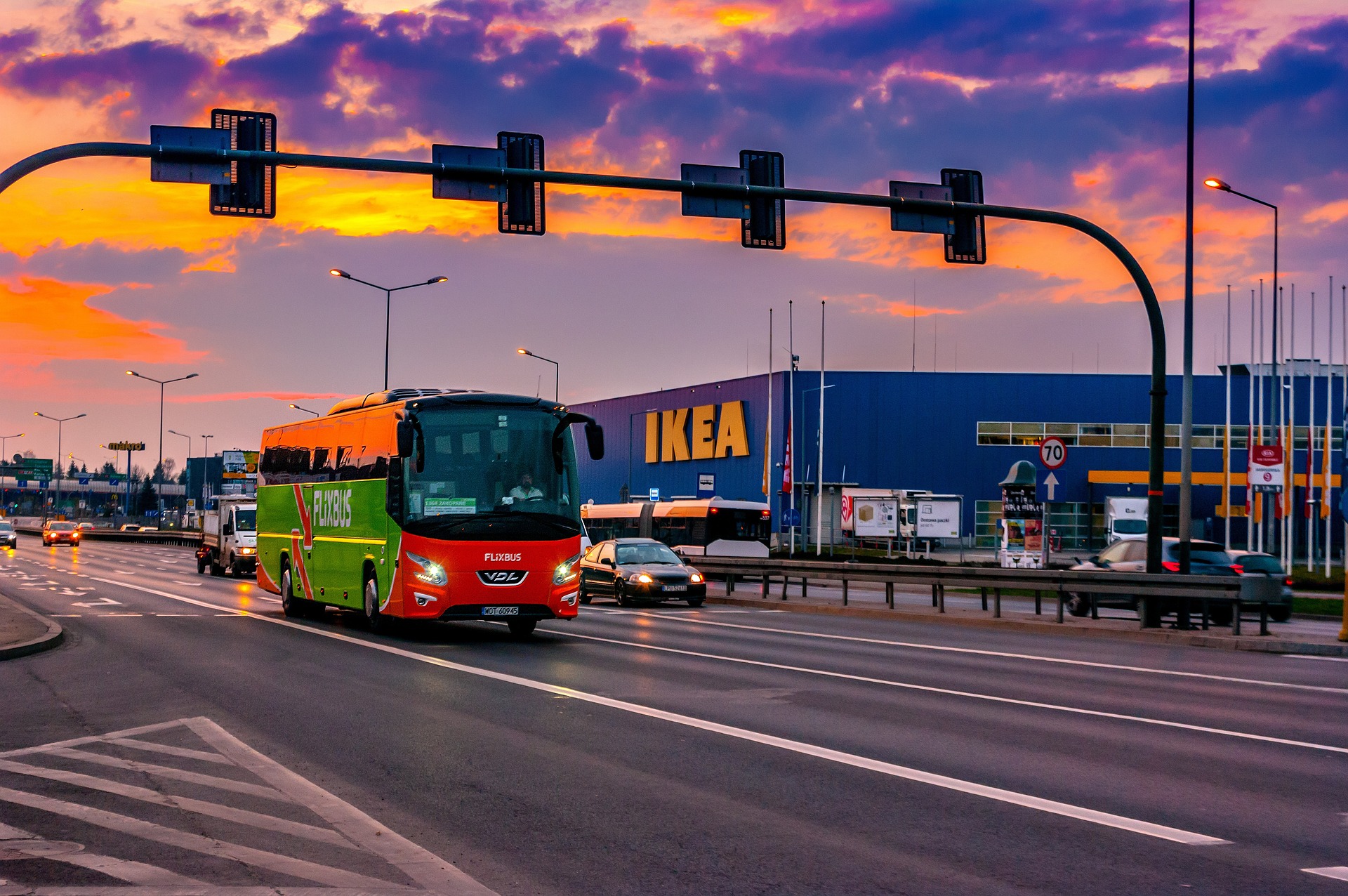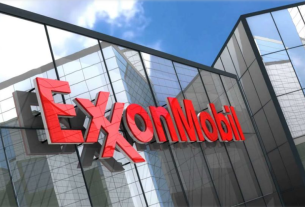Ikea, the Swedish global furniture retailer known for its flat-pack design and affordable products, has announced a major sustainability initiative, committing €1.5 billion toward phasing out fossil fuels from its operations by 2030. This ambitious move is part of the company’s broader strategy to become a climate-positive business, significantly reducing its carbon footprint and accelerating its transition to renewable energy sources.
A Strategic Investment in Clean Energy
The €1.5 billion investment will be directed toward various projects aimed at reducing Ikea’s reliance on fossil fuels, which have traditionally been used for heating, transportation, and manufacturing processes. The company has outlined its goal to shift to 100% renewable energy in its operations, including its global supply chain, by the target year of 2030. This investment will also fund the development of new technologies and infrastructure that will facilitate the transition, including energy-efficient manufacturing processes and sustainable logistics solutions.
The retailer has already made strides in renewable energy—since 2009, Ikea has invested heavily in wind and solar power, becoming a net exporter of renewable energy in certain markets. This new initiative takes those efforts a step further by directly addressing fossil fuel dependence in critical areas of the business.
Jesper Brodin, CEO of Ingka Group, which operates most of Ikea’s stores worldwide, said:
“This €1.5 billion investment represents a major step toward our goal of being climate-positive by 2030. It’s about transforming our entire value chain and ensuring we are not only a sustainable business but one that actively contributes to the health of the planet.”
The Urgent Need for Fossil Fuel Alternatives
Ikea’s decision comes at a time when there is growing pressure on businesses to take more aggressive action on climate change. Global energy prices, supply chain disruptions, and environmental concerns have prompted businesses to rethink their reliance on fossil fuels. The International Energy Agency (IEA) has repeatedly stressed the need for companies and governments to accelerate the transition to renewable energy to meet the goals of the Paris Agreement and limit global warming to well below 2°C.
The retail giant has committed to reducing its operational carbon emissions by 80% by 2030, relative to its 2016 baseline. This includes not only eliminating fossil fuels from its own operations but also working with suppliers and partners to encourage them to adopt cleaner, greener alternatives.
To achieve this, Ikea plans to use a combination of solutions, including electrification of its vehicle fleet, increased energy efficiency in its stores and factories, and deeper partnerships with renewable energy suppliers. The company also intends to invest in carbon capture and storage technologies, which could help offset emissions that are harder to eliminate.
A Shift Toward Circularity and Green Logistics
Beyond energy, Ikea’s €1.5 billion investment also encompasses a shift toward circularity—a model that focuses on reusing, recycling, and remanufacturing products to extend their life cycle and reduce waste. Ikea aims to make all of its products with renewable or recycled materials by 2030. This is part of a broader push to transform its supply chain into a more circular one, where products are designed with end-of-life reuse in mind.
Ikea is also addressing emissions in its logistics and transportation networks, which have historically been significant contributors to the company’s overall carbon footprint. The new strategy includes plans to electrify its entire delivery fleet, which will help eliminate the use of diesel-powered trucks. Additionally, the company will explore the use of alternative fuels such as biofuels and hydrogen in transportation.
The company has already introduced initiatives to reduce emissions in its operations, including implementing electric vehicle charging infrastructure in stores and warehouses and integrating renewable energy solutions into the construction of new stores.
The Bigger Picture: Ikea’s Commitment to Climate-Positive Growth
Ikea’s €1.5 billion investment is part of its broader climate-positive strategy, which involves not just reducing emissions but also creating positive environmental impact. The company’s overarching goal is to ensure that by 2030, it will be removing more carbon from the atmosphere than it emits, contributing to the global fight against climate change.
This bold commitment reflects the growing trend among major corporations to take ownership of their environmental impact. Other large companies, such as Amazon, Google, and Apple, have also announced ambitious plans to reach net-zero emissions, demonstrating that sustainability has become a key priority for businesses worldwide.
The transition to a fossil-free future is not without its challenges. While Ikea is making significant strides in renewable energy and sustainable practices, the company will need to continue innovating and collaborating with industry partners to meet its ambitious targets. The scale of transformation required will be complex and costly, but Ikea’s move signals an important shift in how large businesses are approaching climate action.
Ikea’s Impact on Consumers and the Industry
Ikea’s move to phase out fossil fuels could have a ripple effect across the retail and manufacturing sectors. As one of the world’s largest furniture retailers, Ikea has the ability to influence consumer behavior and supplier practices. The company’s commitment to renewable energy and sustainable materials will likely encourage other businesses to follow suit, accelerating the broader adoption of green technologies and circular economy principles.
Furthermore, consumers who increasingly prioritize sustainability in their purchasing decisions may find Ikea’s shift toward fossil-free operations appealing. With sustainability at the forefront of many consumers’ minds, this move could enhance Ikea’s brand reputation and strengthen customer loyalty, particularly among environmentally-conscious shoppers.
Looking Ahead: A Model for Other Companies
Ikea’s €1.5 billion investment is a bold and necessary step toward a greener future, not only for the company but for the broader retail and manufacturing sectors. As the company continues to implement its sustainability initiatives, it will set a benchmark for others in the industry to follow, demonstrating that business transformation toward a carbon-neutral future is both possible and profitable.
By aligning its business goals with the urgent need to address climate change, Ikea is not just leading the way for the home goods sector but also proving that large-scale corporate responsibility can drive real change in the fight against climate change. As the world continues to transition to a sustainable, low-carbon economy, Ikea’s commitment to phasing out fossil fuels serves as an important reminder that businesses have a critical role to play in shaping a more sustainable future.
References
- Ikea Group Sustainability Report 2023
- International Energy Agency (IEA) Climate Reports
- Corporate Sustainability and Carbon Footprint Reduction Strategies

